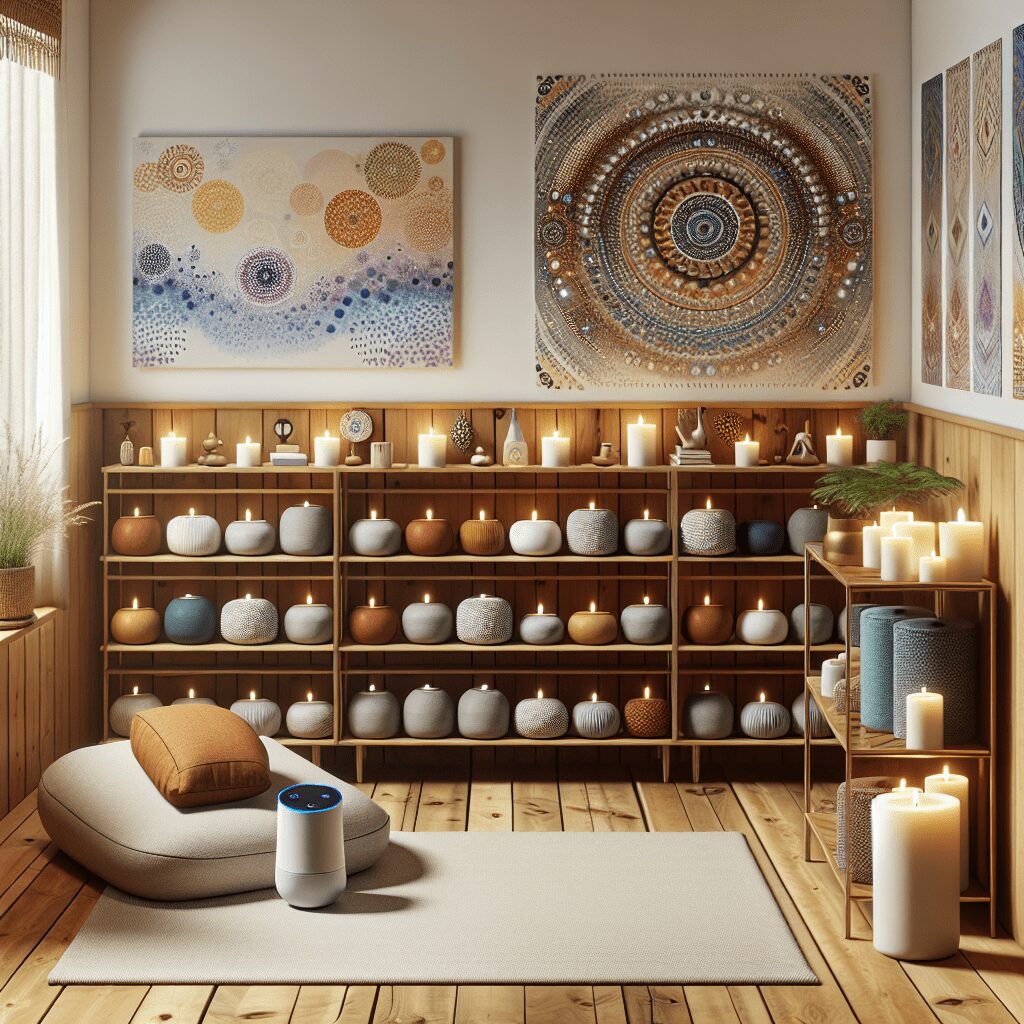
Prioritize your mental well-being daily. Enhance your life by nurturing your mental health with the Smart Meditation app. Break free from stress, alleviate anxiety, and enhance your sleep quality starting today.
What Causes Anxiety Disorders To Develop?
Unraveling the Mystery: The Formation of Anxiety Disorders
Anxiety disorders, a term familiar to many yet fully understood by few, are intricate conditions where the whispers of worry grow into thunderous roars within the mind. For those entangled in its grip, it feels like riding a never-ending rollercoaster, where the ups are fleeting and the downs, all-consuming. But what really tips the scale from the garden-variety stress to a full-blown anxiety disorder? Let’s dive into the complexities behind this psychological enigma.
A Tangled Web: The Factors at Play
Like a puzzle that’s as bewildering as the human mind itself, anxiety disorders stem from a blend of diverse elements, each intertwining with the other in ways that scientists and psychologists are still trying to fully decode. Here are the main culprits that join forces to nudge anxiety disorders into existence:
-
Genetic Roulette: Ever heard the saying, “It’s all in the genes”? Well, when it comes to anxiety, there’s a kernel of truth in that old chestnut. Research suggests that these disorders can run in families, passed down through generations like an unwanted heirloom. If your family tree has branches heavy with anxiety disorders, you might be more susceptible to them.
-
Chemical Imbalance Squad: Our brains are a chemical soup, with neurotransmitters like serotonin and dopamine playing the roles of head chefs. When the balance of these chemicals goes awry, it can lead to feelings of anxiety. It’s like trying to bake a cake with too much salt and not enough sugar – the result is bound to leave a sour taste.
-
Life’s Curveballs: Sometimes, life throws us a curveball or two – or a fastball right to the gut. Traumatic events, chronic stress, or significant life changes can act as a catalyst for anxiety disorders. It’s the brain’s way of saying, “Hey, this is a lot to handle,” and sometimes, it overcompensates by tipping into anxiety.
-
Personality Peculiarities: Ever notice how some folks are just more prone to worry than others? Personality traits like perfectionism, low self-esteem, or being easily flustered can make someone more vulnerable to anxiety disorders. It’s the mental equivalent of having a weaker immune system – some people are just more likely to catch the bug.
-
The Tech Tangle: In our hyper-connected world, the constant barrage of notifications, social media pressures, and the ever-looming FOMO (Fear of Missing Out) contribute their fair share to the rise in anxiety levels. It’s like trying to find peace in a room full of alarm clocks – sooner or later, the noise gets to you.
Navigating Through the Storm: Coping with Anxiety Disorders
So, where does this leave us? Knowing the enemy is half the battle won. Understanding that anxiety disorders are not just a case of “all in your head” but a complex interplay of factors can be liberating. Here are a few strategies to navigate through the stormy seas of anxiety:
-
Knowledge is Power: Arm yourself with information. Understanding your triggers and the intricacies of your condition can help you feel more in control.
-
Seek Professional Help: There’s no shame in reaching out for help. Therapies like Cognitive Behavioral Therapy (CBT) have proven effective in managing anxiety disorders.
-
Build Your Toolkit: Develop coping mechanisms that work for you. This could be meditation, exercise, journaling, or a combination of many strategies. Find what gives you a sense of peace and make it a part of your routine.
-
Community and Connection: Remember, you’re not alone. Connecting with others who understand what you’re going through can provide comfort and support.
Anxiety disorders, with their labyrinthine causes, might seem like formidable foes. Yet, with the right understanding and tools, navigating through them becomes a journey of resilience and discovery. By shining a light into the murky waters of anxiety, we can find our way to calmer shores.





